Weil entscheidende Punkte noch ungelöst sind, müssen Union und SPD bei den Koalitionsverhandlungen in die Verlängerung.
Aber sehr viel, was im Fall einer neuen großen Koalition kommen würde, ist schon bekannt.
Das sind die 15 wichtigsten GroKo-Projekte, die es schon jetzt in den Koalitionsvertrag geschafft haben:
1. Wohnen
Die Mietpreisbremse in Ballungsräumen soll nachgeschärft werden. Ein “Baukindergeld” von 1200 Euro pro Kind und Jahr über zehn Jahre soll es Familien leichter machen, Wohneigentum zu bauen oder zu kaufen.
Es wird nach Angaben der Unterhändler 440 Millionen Euro im Jahr kosten.
Auch über 2019 hinaus will der Bund Milliarden in den sozialen Wohnungsbau stecken – dafür muss das Grundgesetz geändert werden.
Über eine Reform der Grundsteuer soll zudem mehr Bauland zur Verfügung gestellt werden.
2. Agrar & Ernährung
Mit dem Massentöten männlicher Küken soll bis Ende 2019 Schluss sein, die Verbreitung des Wolfs eingedämmt werden.
Die Nutzung des umstrittenen Unkrautgifts Glyphosat soll so bald wie möglich enden. Erreicht werden soll, dass der Gehalt an Zucker, Fett und Salz in Fertigprodukten gesenkt wird.
3. Klima & Energie
Eine Kommission soll bis Ende 2018 ein Aktionsprogramm zum Klimaschutz erarbeiten.
Jeder Bereich, auch Verkehr und Landwirtschaft, muss künftig seine eigenen Klimaziele erreichen. Außerdem soll ein Plan zur schrittweisen Reduzierung und Beendigung der Kohleverstromung vorgelegt werden.
Zur Besserung der Luftqualität prüfen Union und SPD Nachrüstungen bei Diesel-Fahrzeugen direkt am Motor. Die Elektromobilität soll stärker gefördert werden.
4. Rente
Bis 2025 soll das Rentenniveau (das Verhältnis der Rente zum Lohn) nicht unter 48 Prozent fallen und der Beitragssatz nicht über 20 Prozent steigen.
Über die Zeit danach soll eine Rentenkommission nachdenken. Müttern, die vor 1992 drei oder mehr Kinder geboren haben, soll auch das dritte Jahr Erziehungszeit angerechnet werden.
Wer Jahrzehnte gearbeitet, Kinder erzogen und Angehörige gepflegt hat, soll zudem nach 35 Beitragsjahren eine Grundrente zehn Prozent über der Grundsicherung erhalten. Selbstständige sollen zur Altersvorsorge verpflichtet werden.
Wer neu wegen Krankheit frühzeitig Erwerbsminderungsrente bekommt, soll so behandelt werden, als wenn er bis zum aktuellen Renteneintrittsalter gearbeitet hätte.
5. Migration
Asylverfahren sollen künftig in “zentralen Aufnahme-, Entscheidungs- und Rückführungseinrichtungen” stattfinden.
6. Familiennachzug
Der Nachzug der Kernfamilie von Flüchtlingen mit eingeschränktem Schutz, etwa aus Syrien, bleibt bis 31. Juli ausgesetzt.
Für die Zeit danach ist folgendes geplant: Ab August dürfen auch subsidiär Schutzberechtigte wieder Angehörige nach Deutschland nachholen, aber nur in begrenztem Umfang von bis zu 1000 Menschen pro Monat.
Hinzu kommt eine bereits bestehende Härtefallregelung.
7. Krankenversicherung
Beiträge zur gesetzlichen Krankenversicherung sollen ab 2019 wieder zu gleichen Teilen von Arbeitgebern und -nehmern bezahlt werden.
8. Pflege
8000 neue Pflegefachkräfte sofort und eine konzertierte Aktion unter anderem mit einer Ausbildungsoffensive und Anreizen für mehr Vollzeit sollen die Personalsituation entspannen.
Zudem sind vereinfachte Möglichkeiten für vorübergehende Aus- und Erholungszeiten für Angehörige geplant.
9. Arbeitsmarkt
Das zunächst gescheiterte Rückkehrrecht von Teilzeit in Vollzeit soll nun kommen – für Firmen ab 45 Mitarbeiter.
Bei 45 bis 200 Mitarbeitern soll dieser Anspruch nur einem pro 15 Mitarbeitern gewährt werden müssen.
Der Beitrag zur Arbeitslosenversicherung soll um 0,3 Prozentpunkte sinken. Für Langzeitarbeitslose soll ein neues Förderinstrument “Teilhabe am Arbeitsmarkt für alle” kommen. Ein Fachkräfteeinwanderungsgesetz soll den Zuzug ordnen und steuern.
10. Familie
Das Kindergeld soll um 25 Euro pro Kind und Monat steigen: Der Kinderfreibetrag steigt entsprechend.
Auch der Kinderzuschlag für Einkommensschwache soll erhöht werden. Kinderrechte sollen eigens im Grundgesetz verankert werden.
Eingeführt werden sollen auch Gutscheine für Haushaltshilfen, damit zum Beispiel jemand die Wohnung sauber macht, wenn Betroffene dies selbst nicht gut leisten könnten.
11. Bildung
Die Parteien wollen das Grundgesetz ändern, damit der Bund Geld in Schulen stecken kann. Bisher sind Finanzhilfen des Bundes nur für finanzschwache Kommunen zulässig.
Zwei Milliarden Euro sind für den Ausbau von Ganztagsschulen und -betreuung geplant. Für die Ganztagsbetreuung von Grundschülern wird ein Rechtsanspruch verankert.
Außerdem sind eine Milliarde Euro für eine Bafög-Reform, 600 Millionen Euro für eine bessere Ausstattung der Universitäten und fünf Milliarden Euro für den “Digitalpakt” für Schulen geplant.
12. Finanzen
Der Solidaritätszuschlag soll schrittweise wegfallen – in dieser Wahlperiode mit einem “deutlichen ersten Schritt”, der rund 90 Prozent der Zahler voll entlastet.
Steuererhöhungen für die Bürger soll es nicht geben. Für den Haushalt gilt weiter das Ziel einer “schwarzen Null”, also keiner neuen Schulden.
13. Sicherheit
Bei den Sicherheitsbehörden von Bund und Ländern sollen je 7500 zusätzliche Stellen geschaffen werden, zudem 6000 neue Stellen in der Justiz.
14. Europa
Deutschland soll in der Debatte für eine Stärkung der EU aktiv werden. Gemeinsam mit Frankreich soll die Eurozone reformiert werden.
Ziel ist zudem eine “solidarische Verantwortungsteilung in der EU” in der Flüchtlingspolitik. Generell gelte: “Wir sind auch zu höheren Beiträgen Deutschlands zum EU-Haushalt bereit.”
15. Digitalisierung
Bis 2025 soll es flächendeckend schnelles Internet mit Gigabit-Netzen geben, dafür soll ein Fonds von 10 bis 12 Milliarden Euro sorgen.
Im Internet sollen weiter alle Inhalte mit gleichem Tempo transportiert werden – die Netzneutralität bleibt.
Zudem soll es unter anderem eine Daten-Ethikkommission geben.
… und 2 Punkte, über die noch gestritten wird
Uneinig sind sich Union und SPD in der Gesundheitspolitik und beim Thema befristete Arbeitsverträge.
Die Streitthemen “Zwei-Klassen-Medizin” und die sachgrundlose Befristung sollten dann in der Berliner SPD-Zentrale weiter besprochen werden.
Die möglichen Koalitionäre hatten sich den Montag und den Dienstag als Puffertage frei gehalten.



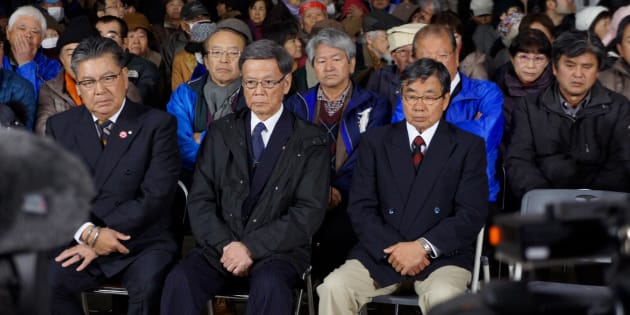

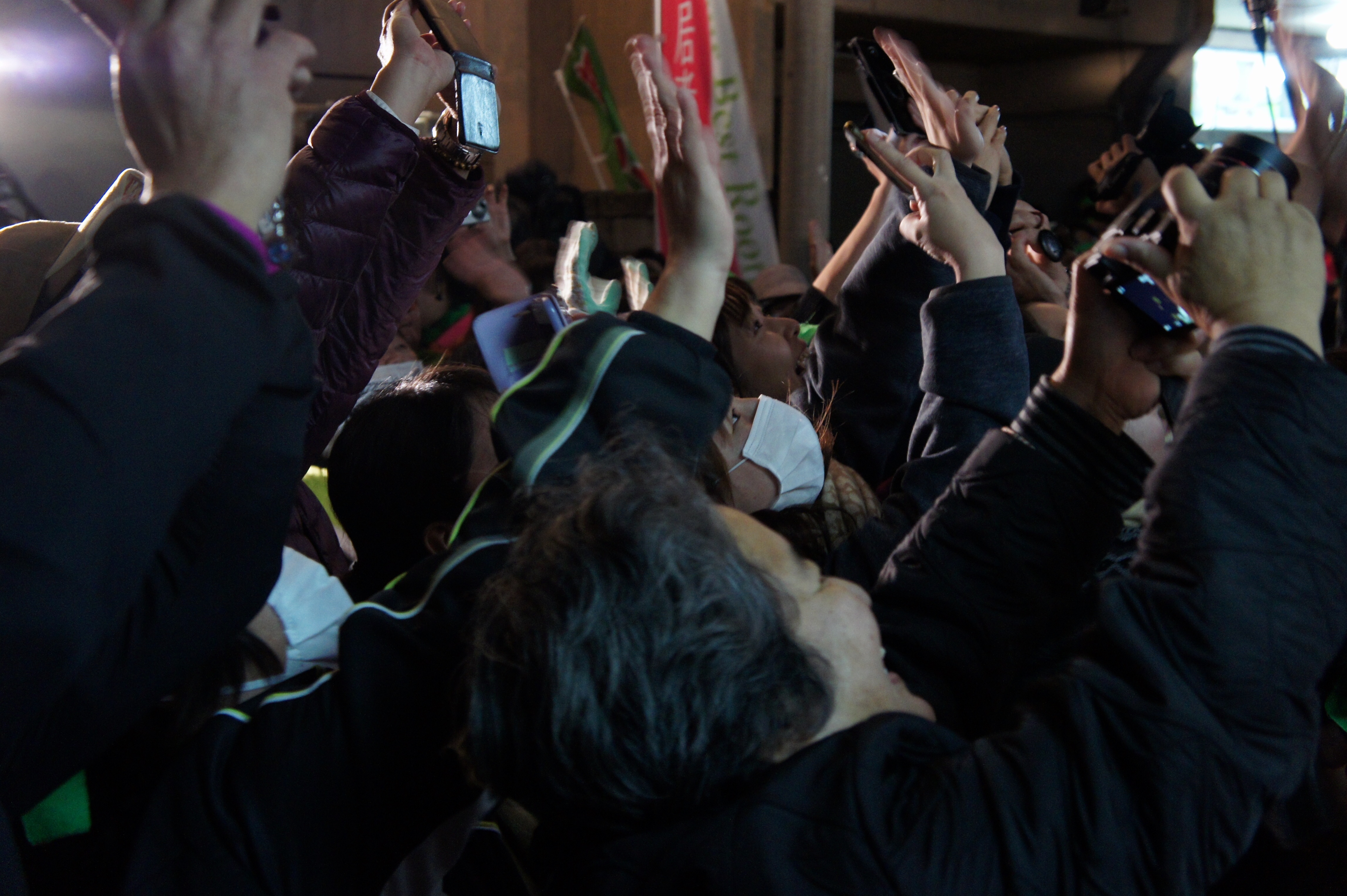
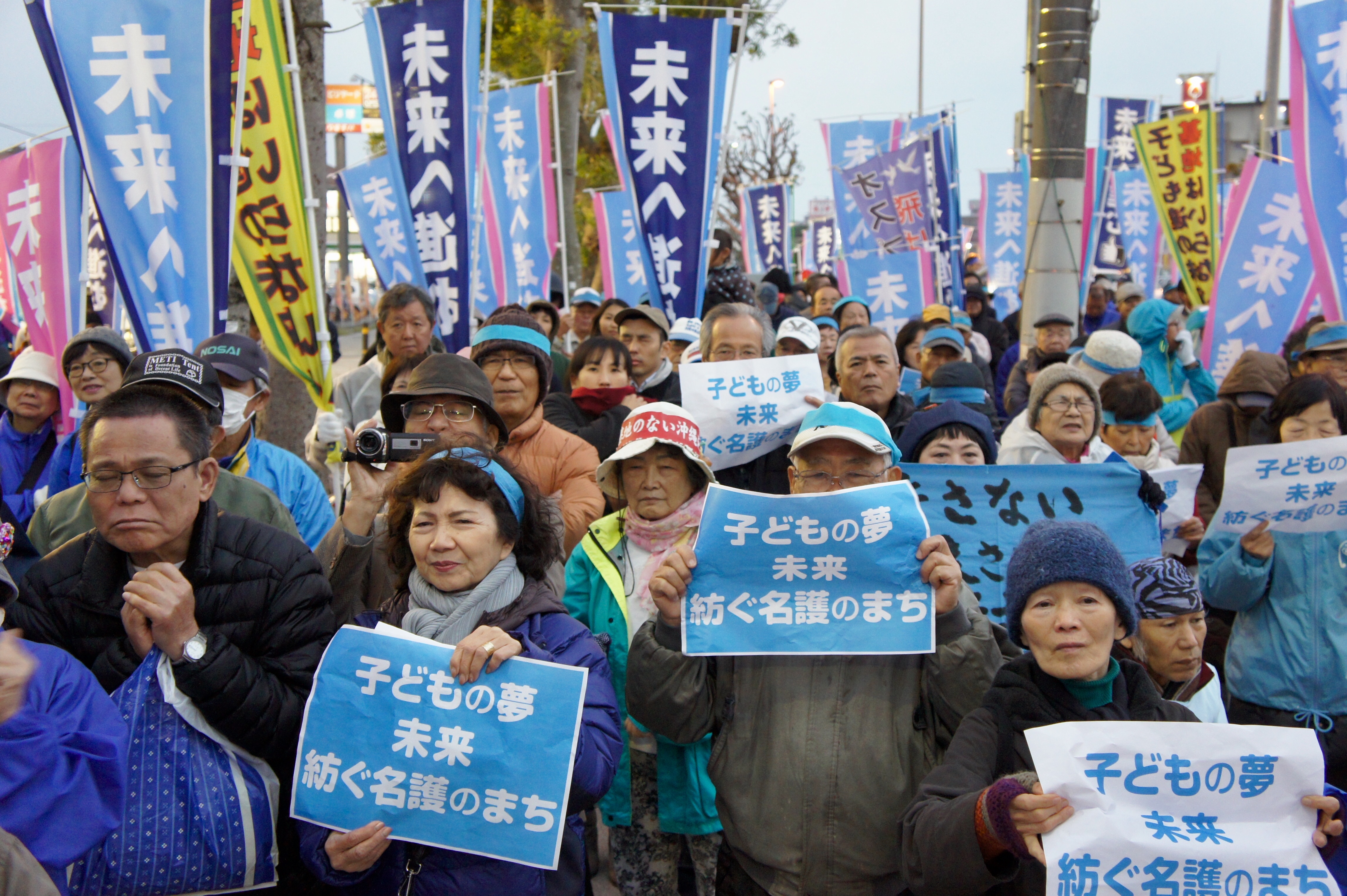
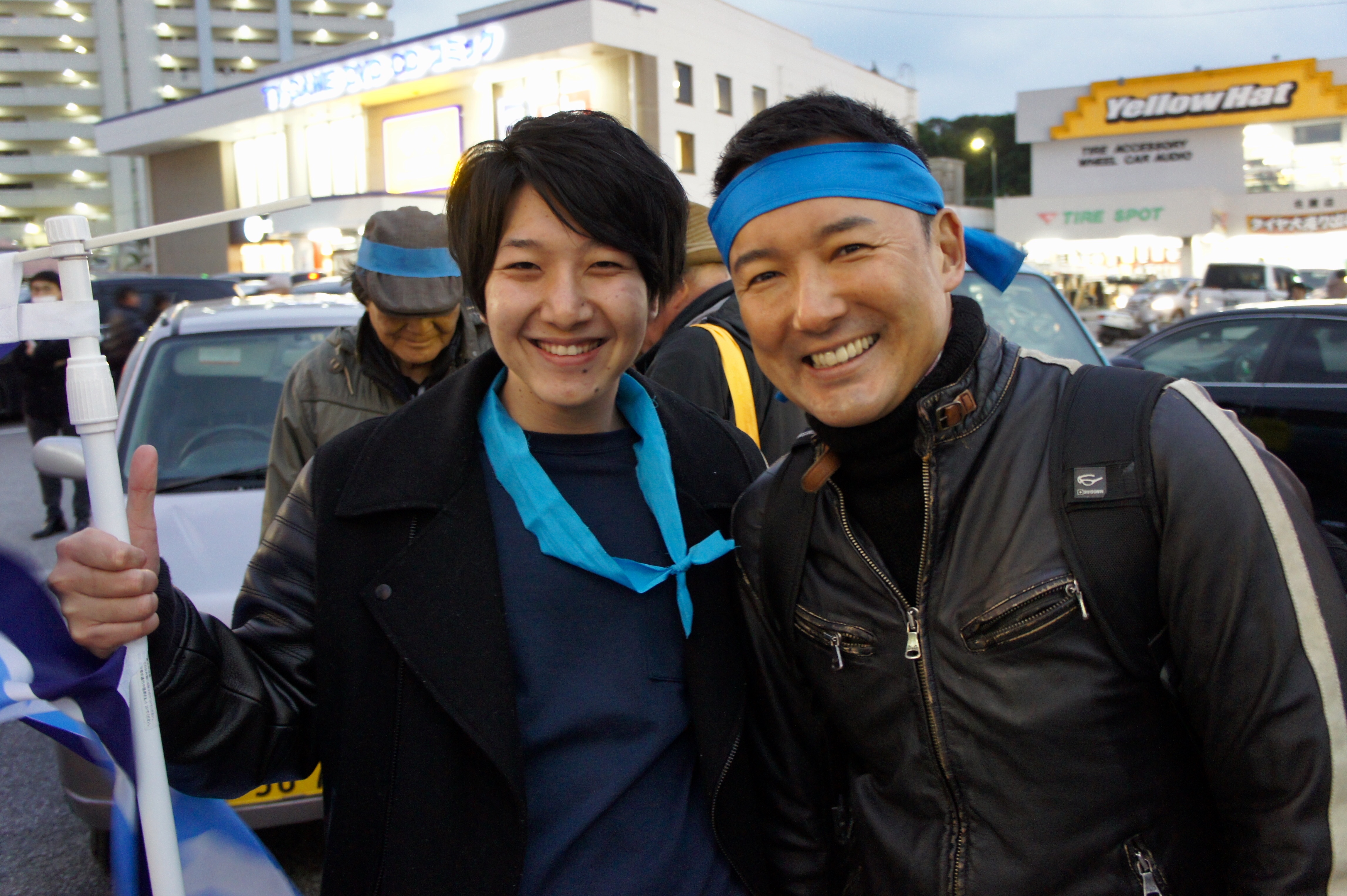
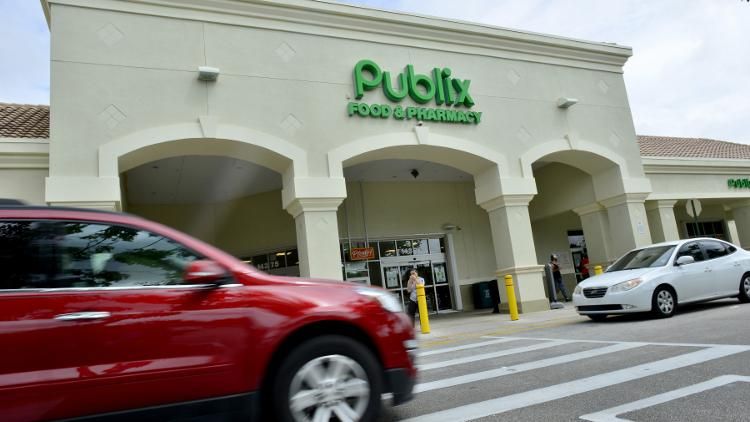


 Don’t miss an all new episode of The Fosters this Tuesday! Jude and Noah discuss their relationship and Noah’s concerns about Jude’s friendship with his faming friend, Declan. Elsewhere, Callie and Stef team up to help Aaron when he is in a difficult spot. The Fosters: Tuesday, 8pm on Freeform.
Don’t miss an all new episode of The Fosters this Tuesday! Jude and Noah discuss their relationship and Noah’s concerns about Jude’s friendship with his faming friend, Declan. Elsewhere, Callie and Stef team up to help Aaron when he is in a difficult spot. The Fosters: Tuesday, 8pm on Freeform.
